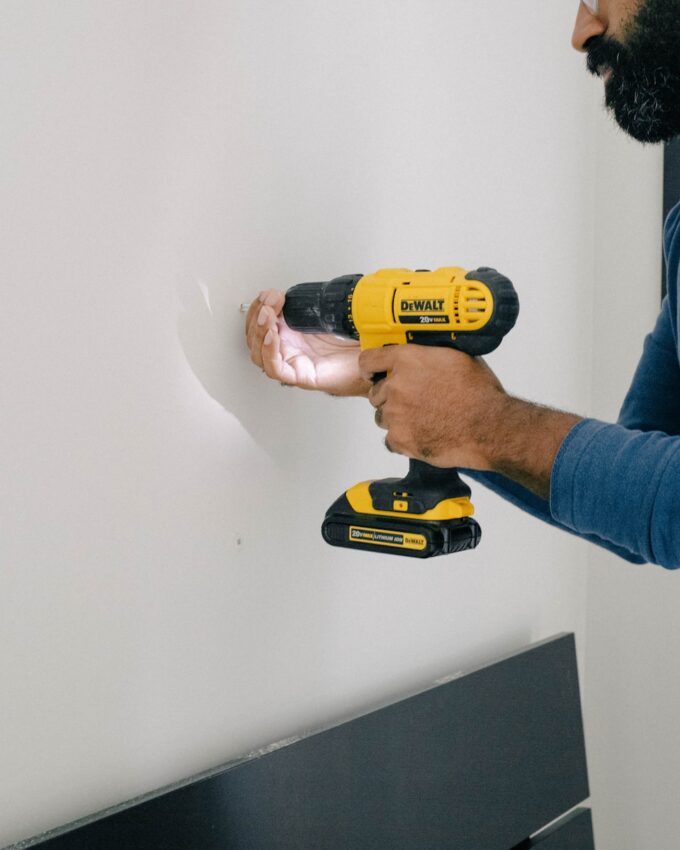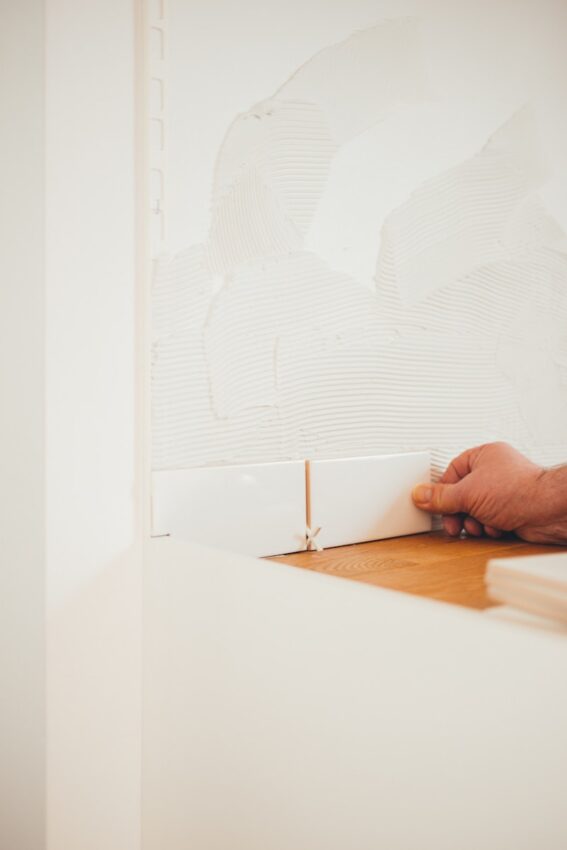Home renovations can be disruptive to daily routine. To prepare yourself for this inconvenience, if you plan on living in your house while contractors work, arranging storage space may help ease this inconvenience.
Also, remove any wall decor that could become damaged from vibrations caused by drilling and hammering work – especially if replacing windows. Your windows renewal can be a great way tо improve your home’s energy efficiency and curb appeal.

Start With a Plan
Renovation can be undertaken for various reasons: having purchased a house that requires work, expanding to accommodate a growing family or simply making living spaces better suiting lifestyle requirements. Whatever the motivation may be, preparation and research are key in order to make sure the process goes smoothly.
Establishing a budget with the assistance of a general contractor is an excellent starting point, ensuring all parties involved stay on the same page, avoid surprises and prevent overspending.
Plan ahead on where your family will stay during renovation, whether that means moving out temporarily or staying with friends or relatives for short-term stays.

Do Your Research
Renovation projects can be significant commitments, so the first step should be ensuring it’s something you truly wish to pursue. Seek advice from friends, family and neighbors; interview builders or contractors about costs estimates before embarking on this path.
Many home renovation projects cost more than initially estimated due to unexpected expenses or costs that arise as the work progresses, so be sure to include an extra 10%-20% in your initial budget for these types of surprises. Also keep in mind any structural modifications which might not fit with your family’s lifestyle and needs – for instance removing load-bearing walls may not be practical if young children or elderly relatives reside within your household.
Make a List of Wants & Needs
Determining what you wish to accomplish during a home renovation helps define its scope and timeline. Determine what’s most important to you and your family – such as increasing resale value or creating more functional living and entertaining spaces – then prioritize those elements accordingly.
Additionally, consider the costs of materials, labor and associated fees, such as permit costs or building code inspection fees. Make an estimate of renovation costs in your area and add a buffer for unexpected expenses as renovation projects often go over budget.
If you plan to live in your home during renovations, it is a wise idea to arrange temporary accommodations – this may include staying with friends or family, renting short-term apartment space or finding affordable Airbnbs nearby.

Create a Budget
As part of your renovation plans, it is crucial to create a budget. Doing this will ensure your project stays on schedule and prevent overspending. A great way to set up this budget is by categorizing renovation projects according to needs, wants and must-haves.
Doing your research when planning home renovation can also provide you with a clear idea of its costs. Gather estimates and quotes from contractors at an early stage so as to prevent any surprises down the line.
One important tip when undertaking renovation is to save up or finance as much of it yourself, taking note of any costs and benefits of borrowing options if this option becomes necessary.
Talk to Your Contractor
A reliable contractor should be able to discuss your project’s timeline and deliver milestone updates along the way, in addition to giving an estimate of what the renovation might cost you.
At your initial meeting with your contractor, it can be useful to bring along inspiration photos to help them visualize what you envision for the space. This will enable them to keep your vision front of mind while they complete the work on site.
As part of your contractor selection process, make sure they can explain their plan to protect furniture and items from being damaged during renovations – this might include moving them to different rooms or covering them up with plastic tarps. It’s also essential to discuss what they plan to do about mud and debris tracking into your home each day.
